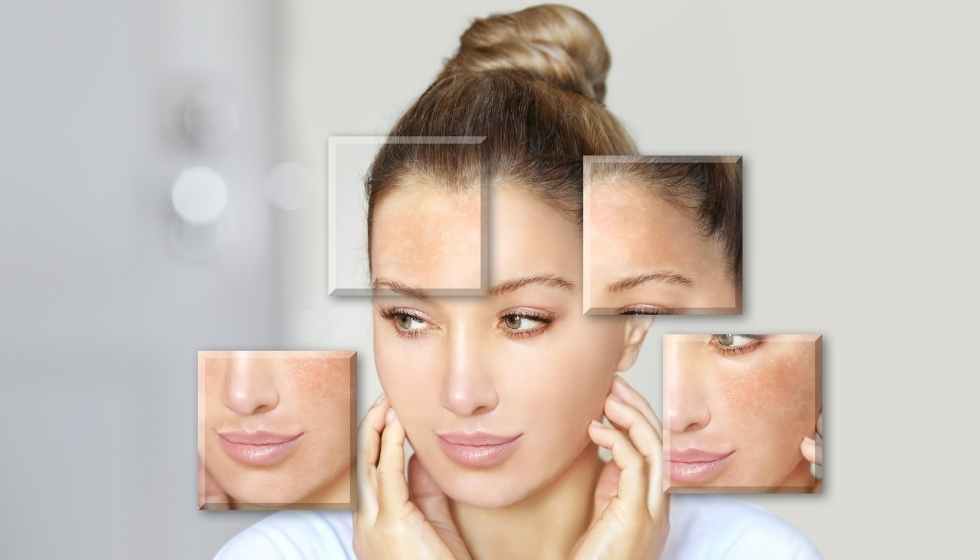Prolonged exposure to digital screens can be harmful to your health and can also be dangerous to the appearance of your skin. Here’s how the blue light emitted by digital devices affects you!
Blue light is a high-energy, short-wavelength form of light. This light is emitted by digital devices (such as phones, tablets, computers, or TV) and can easily pass through the protective layers of the eyes.
It is advisable to avoid long-term exposure to blue light, as you may face rest problems, your eye health may be compromised, and it may have some negative effects on your skin. Here they are!
What Effects Does Exposure to Blue Light have on the Skin?
When exposed to blue light, the skin is prone to aging because the radiation disrupts the circadian rhythm of skin cells and stimulates free radicals. In addition, blue light contributes to the breakdown of collagen and elastin, two proteins that keep skin young:
” While there’s a good chance we won’t see any short-term effects, over time, blue light may contribute to collagen breakdown, wrinkles, and hyperpigmentation,” Dr. Marcus told Reader’s Digest.
Additionally, research published in the Journal of Investigative Dermatology indicated that blue light can trigger pigmentation problems over time and cause dryness, redness, sensitivity, and even breakouts.
How to Protect your Skin from Blue Light
To protect yourself from the effects that blue light can have, it’s good to use a moisturizer with sunscreen that contains zinc oxide and iron oxide:
” Creams containing zinc oxide and iron oxide also protect the skin from blue light,” said Dr. Marcus. The doctor claims it’s good to use sunscreen lotions, even if you don’t spend much time outside: ” Blue light is the same whether it comes from the sun or from our screens,” the specialist said.
Dr. Marcus also recommends using serums with antioxidants, such as vitamin C, which prevents hyperpigmentation. Also equally important are products containing vitamin B3, an antioxidant that supports the skin’s barrier and improves its texture.


